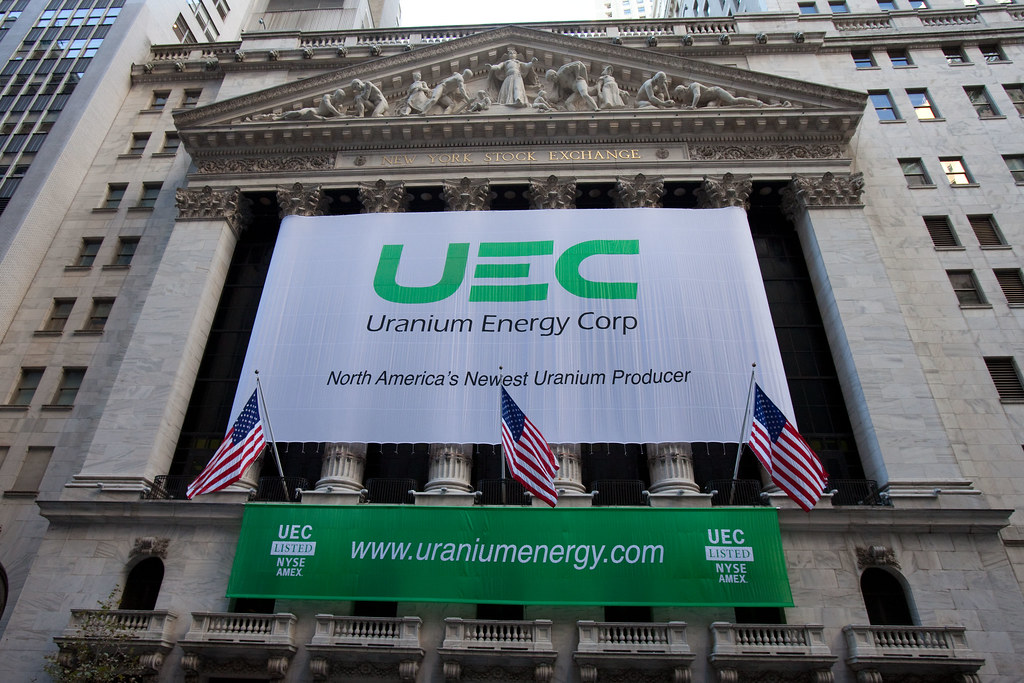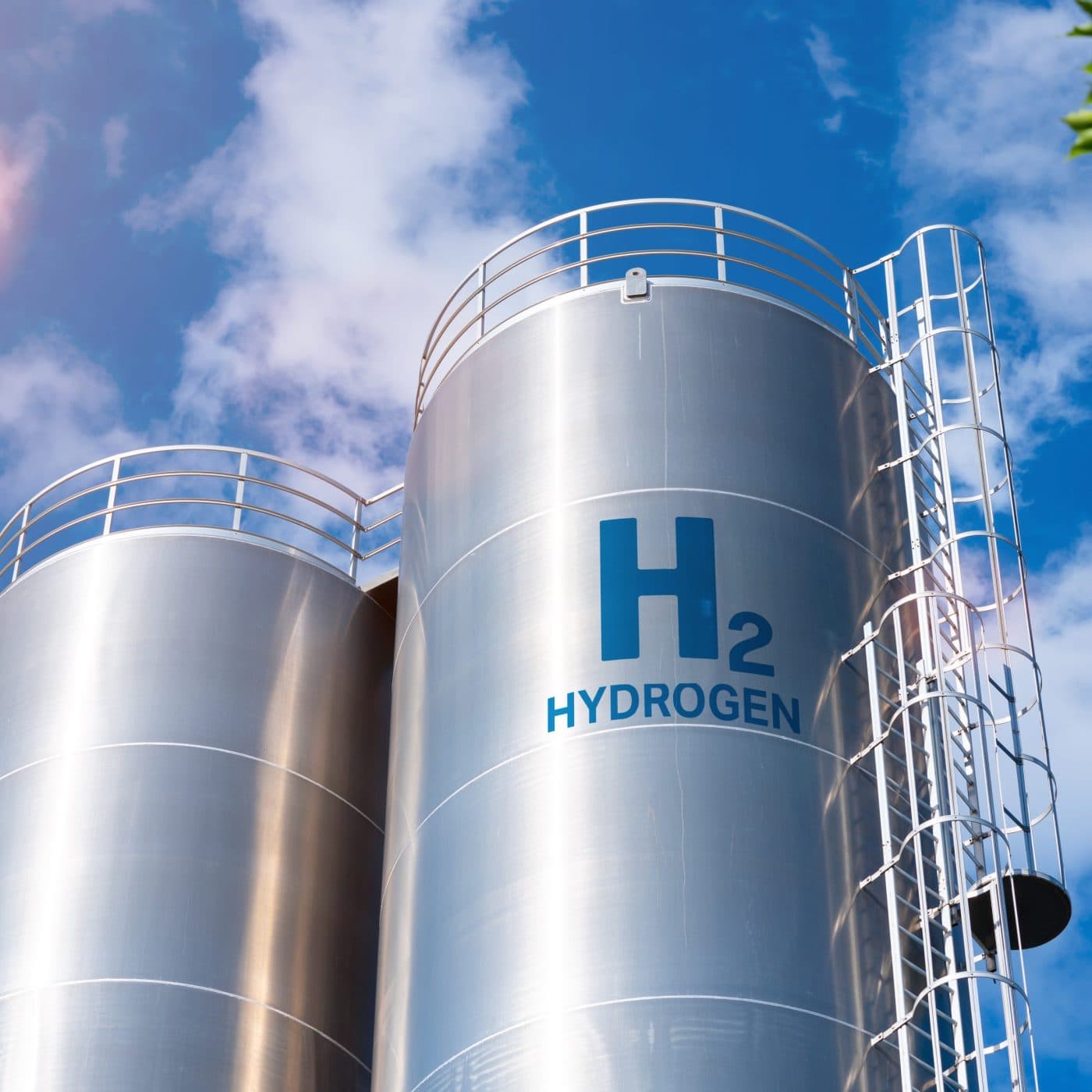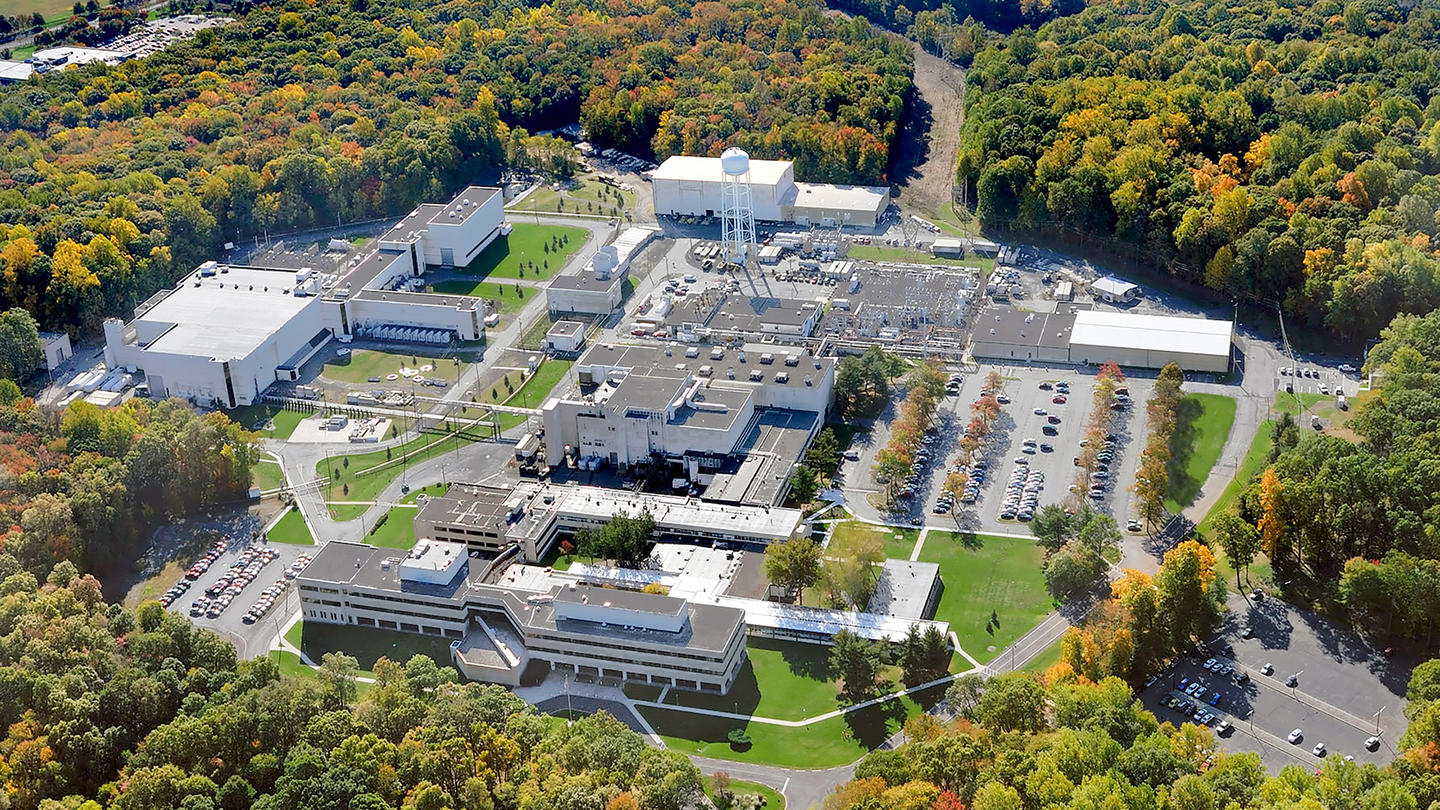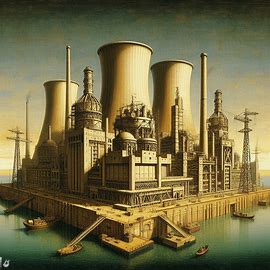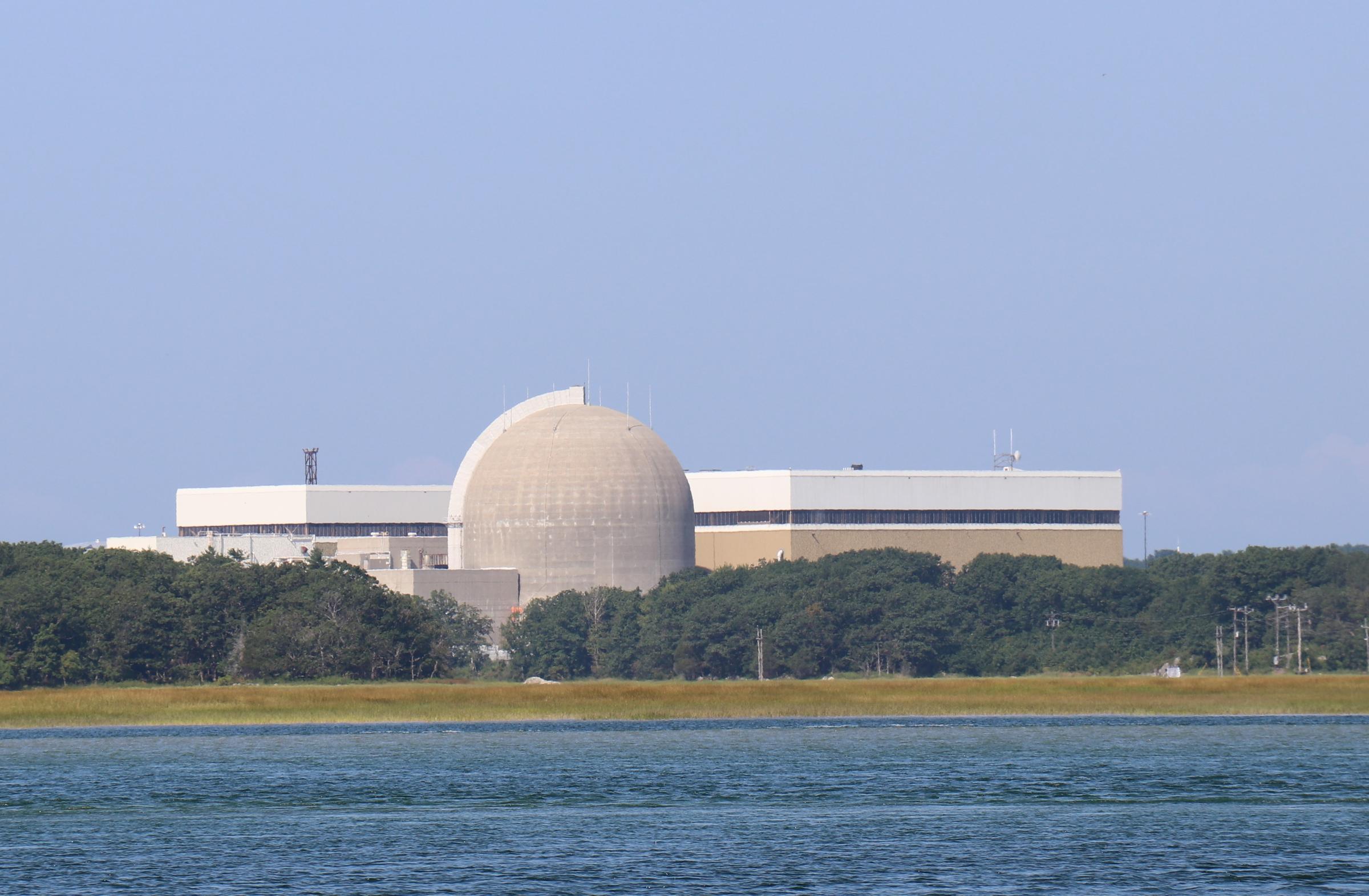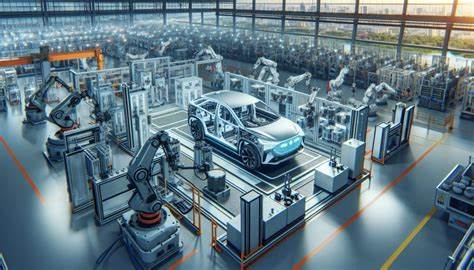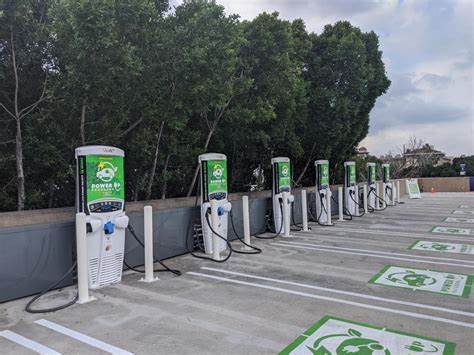
In a move to address the challenges of electric vehicle (EV) charging infrastructure, Israeli nuclear fusion startup NT-Tao is capturing attention with its innovative concept. The company envisions utilizing nuclear fusion as a sustainable, long-term power source for EV charging stations. With plans to construct mini fusion power generation facilities, NT-Tao aims to revolutionize the way electric vehicles are charged. The timeline includes manufacturing demonstration facilities by 2029, with the ambitious goal of commercializing the concept in the 2030s.
Government Support and Strategic Investments:
Acknowledging the potential of NT-Tao’s groundbreaking initiative, the Israeli government is reportedly providing financial support to facilitate the development of fusion power generation facilities. These facilities, designed to fit within a cargo container, are projected to generate between 10,000 to 20,000 kilowatts each. The compact size allows for easy placement in rural or challenging locations, enhancing accessibility for a broader range of users. Early investments from major players like Honda Motor and Mitsui Sumitomo Insurance signify growing industry interest and confidence in the feasibility of nuclear fusion for powering EV charging stations.
Honda’s Strategic Interest:
Honda Motor, one of the early investors in NT-Tao, sees the potential of fusion power in driving large-scale electric vehicle charging operations. The collaboration reflects a broader industry trend, with investors increasingly drawn to nuclear fusion for its eco-friendly attributes, as it does not emit greenhouse gases. NT-Tao’s approach aligns with the evolving landscape of sustainable energy solutions, prompting notable companies to explore fusion technology’s role in shaping the future of EV charging.
Global Fusion Landscape:
Beyond NT-Tao, the global interest in nuclear fusion is on the rise. China’s electric vehicle giant, Nio, made strategic investments in a fusion technology startup, Neo Fusion, dedicated to globalizing controlled fusion. In 2023, 14 fusion startups successfully secured funding rounds, signaling a growing momentum in the fusion sector. Additionally, China has recently established a national company dedicated to advancing research in nuclear fusion technology, further underlining the global commitment to exploring innovative energy solutions.
Fusion Skepticism and Industry Perspective:
While the concept of nuclear fusion gains traction, notable figures like Tesla CEO Elon Musk have expressed skepticism about its viability. Musk emphasized the potential challenges, including the high costs associated with obtaining and transporting source fuel and maintaining the reactor. Despite these concerns, NT-Tao and other fusion startups are optimistic about the scalability of their mini power plants. The industry sees a potential payoff if initial technological and financial hurdles can be overcome, paving the way for a sustainable and revolutionary energy future.
NT-Tao’s nuclear fusion initiative introduces a paradigm shift in the realm of electric vehicle charging. With government support, strategic investments, and a growing global interest in fusion technology, the prospect of leveraging nuclear fusion for sustainable energy solutions appears increasingly promising. As NT-Tao progresses towards its ambitious timeline, the fusion landscape is poised for transformative advancements, potentially reshaping the future of EV charging infrastructure.

